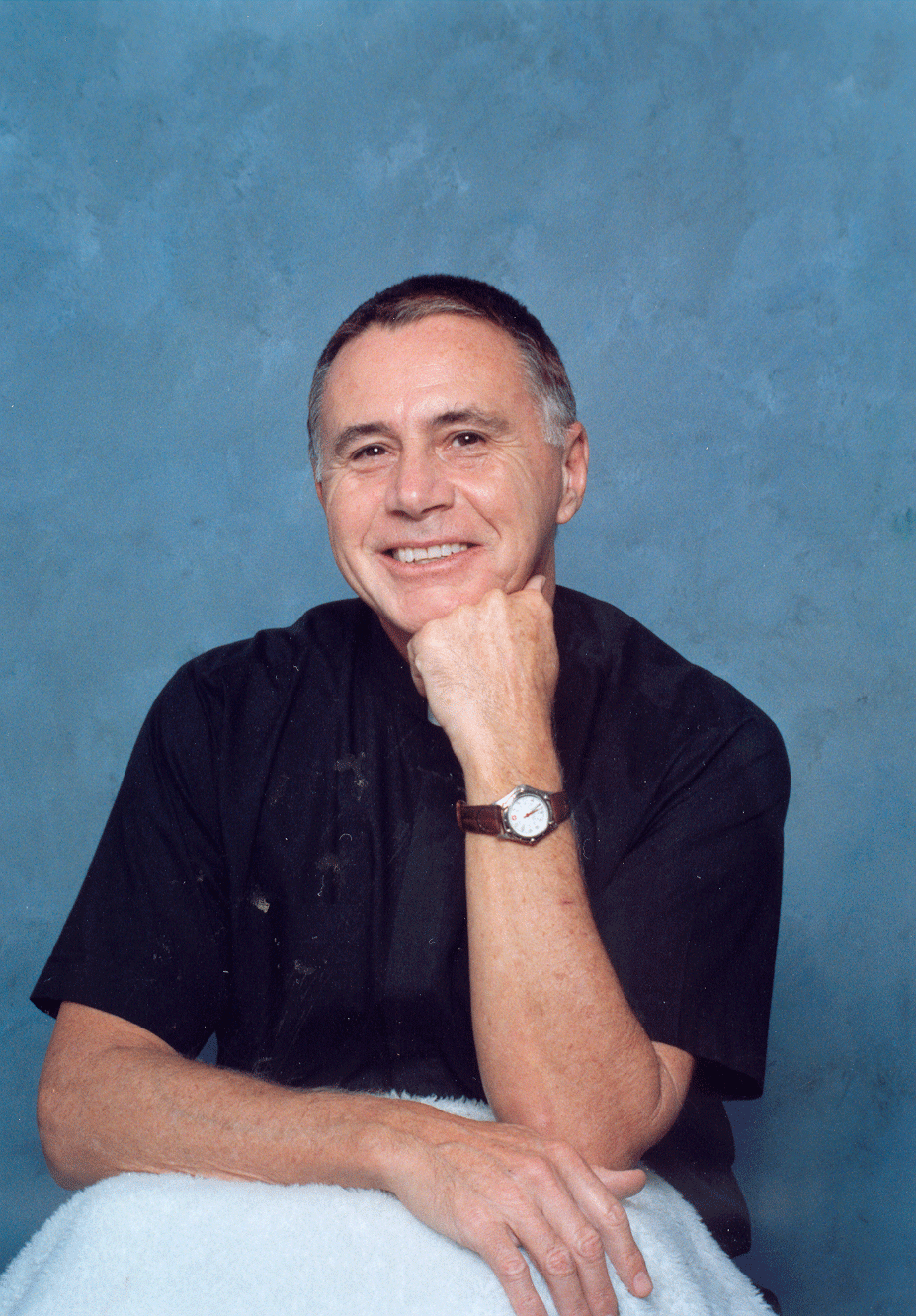John 6:51-58
August 19, 2012
He repeated again
and again: "I am the flesh, I am the bread, I am the life. I come from the
Father, I have seen the Father, I was sent by the Father," and so on and
on.
It seems a
mysterious, deep, difficult, and endless discussion. It is a type of discussion
we have all experienced, though at another level, from time to time in our
lives.You talk and talk.
You want to make him participate and share in what you know, in what you have experienced, in your wisdom.
He remains aloof and unapproachable. He stays unresponsive.
And you say: "If only I could creep into your head.
If you could only look through my eyes."
You tap all your experience, you fall on your knees, and you say: "If I could only let you know what I know. If only I could let you experience what I experienced.
If only I could let you feel the bitterness I have felt. If you only could drink the water I drank."
It is very important to you.
He does not see, she does not understand, he does not feel.
You take her hands, you kiss his eyes.
You stroke his back, you put your head in her lap, and you say: "If only I could be you.
If only I could let you see with my eyes.
If only I could make you hear with my ears.
If only I could make you touch with my hands.
If you only could eat the bread I ate.
If you only could be my flesh.
If only you could have my blood!"
That is how Jesus
talked that afternoon to them.
He knew that only
his type of life—loving, forgiving, community building, taking children as your
first issue,Simple, nonviolent, always ready to dialogue, never hardened, God-fearing, and human life respecting – could save this world and humankind from disaster.
Please feel my feeling. I come from on high.
Eat my bread, drink my water; eat my flesh, drink my blood."
Did you know that in 1973, in a country like Nigeria, $9 per person was spent on arms, $1 per person on health, and $3 per person on education?
And in "God's own country," the U.S.A., the numbers were respectively $373, $171, and $348 that year?
And that 39 years later the figures have become much worse all over the world?
We should eat him. We should drink him.
That is, of course, what we do during this Mass.
But it is as if we are not serious about him at all.
We fragment him to nothing, to a small piece of bread, and we reduce his drink to a drop of wine.
When eating his bread, we should feel what we do.
We should be made to eat a whole loaf here on the spot eucharistically, so it becomes an arduous, difficult, and felt task, in order that we might really turn into him.
That is what we
need, and this world needs, too.
We need to take
seriously what we do here each week. It is what he knew so very well.





